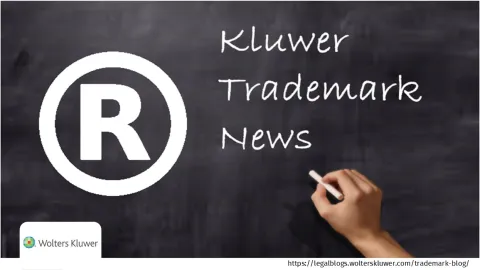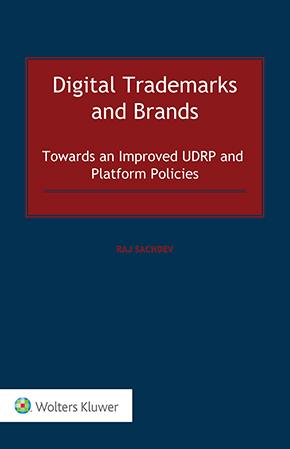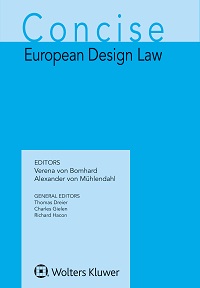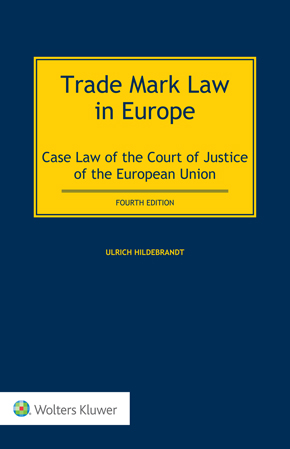The latest episode of the Merck saga
October 8, 2025
Merck Germany and Merck US were related entities in the 17th century. They started operating independently from early 19th century. Both parties have been coexisting in the market using the MERCK mark. Multiple co-existence agreements are in place but the parties still clash.
In the UK, a High Court Order dated 28 July 2021 (the “Order”) prevents Merck US from using the MERCK mark in the UK.
After the Order, Merck US uses the MERCK mark online in a way not specifically for UK consumers. This claim relates to whether such use amounts to trade mark use and therefore breaches the Order of 28 July 2021.
The High Court found it is. Merck US brought an appeal to the Court of Appeal. The Court of Appeal dismissed the appeal. Two main issues are worth discussing out of the Court of Appeal decision.
The Propriety of Declaratory Relief
Merck US argued that it is not appropriate for the High Court to issue a declaration that Merck US breached the Order. It argued that the declaration under CPR Rule 40.20 should be considered in conjunction with CPR Part 81 and contempt of court. In essence, if a court order is breached, that should lead to contempt of court. Otherwise, there is no real utility in making such a declaration as there is no reason for the halfway house.
The Court of Appeal disagreed. The Court of Appeal recognised the different standards between the declaration sought under CPR 40.20 and the contempt of court – one being civil, whereas the other one being “quasi-criminal”. The Court thinks that the declaration still serves a purpose in this complex longstanding dispute between the parties.
Targeting and Trade Mark Use
This is where the Merck saga has made invaluable contributions to the UK trade mark case law.
As a starting point, the previous decision in Merck v Merck [2020] EWHC 1273 (Ch) held that when assessing use in trade mark infringement, the question is not how this use would be viewed through the eyes of the creators, but “how it would be assessed by a reasonable user of the products”.
This position has been followed since, including this case. In this case, Merck Germany listed 55 allegations of Merck US using MERCK mark in the UK. The High Court upheld a finding of infringement for half of them. Some are very subtle. For example:
· Use of MERCK mark on jobs.merck.com where jobs which could be performed in the UK were advertised. The Court of Appeal agreed with the High Court that such use amounts to trade mark use and amounts to targeting UK consumers.
· Merck UK had a chatbot in the jobs.merck.com website. In response to enquiries from someone describing themselves as located in the UK and interested in jobs in the EMEA region, the chatbot presented information about jobs in the UK. The Court of Appeal found that such use targets the UK market.
· Merck US made a specific version of product safety data sheets for the UK. The Court of Appeal agreed with the High Court that this amounts to targeting the UK consumers and constitutes use in the UK.
· Merck US linked its msd.com website to Merck-branded news releases and a company statement hosted on the merck.com website. Despite all of the viewers coming across pop-up messages that they will be directed to a website only for residents of the US and Canada, the Court of Appeal and High Court found that the directions amount to targeting UK consumers.
Merck US argued that consumers based in the UK would not have found such use if the whole consumer journey is considered. The Court should have given proper weight to the presence of the disclaimers and the pop-ups. However, both the High Court and the Court of Appeal disagreed with Merck US’s proposition.
The Court appears to take a stance that if average consumer in the UK could potentially come across the use of MERCK, despite such use being disclaimed or specifically targeting people outside of the UK, such use could still amount to targeting the UK consumers and constitute use in the UK.
This approach appears to be developed from the Supreme Court decision Lifestyle Equities v Amazon [2024] UKSC 8. The Court in that decision was willing to find use in the UK where the messages state ‘delivery to the United Kingdom’. Whilst the use by Merk US in this case appears to be more subtle than the use in the Amazon case, the Court of Appeal is still willing to find trade mark use.
The decision certainly lowers the bar for “targeting” when it comes to online use. It suggests that geo-blocking measures may be needed if a company does not want to use a mark in the UK?
You may also like











